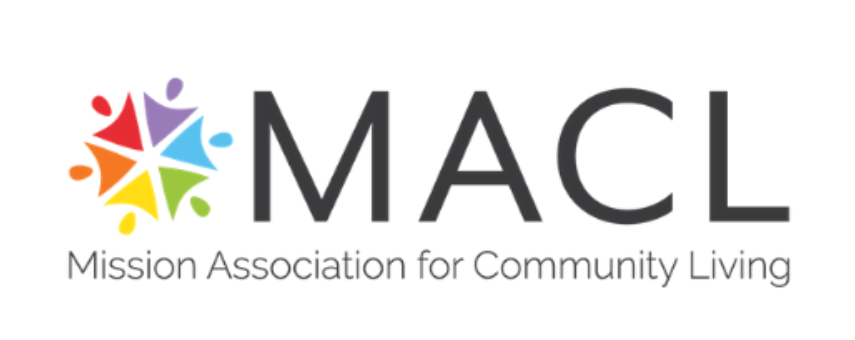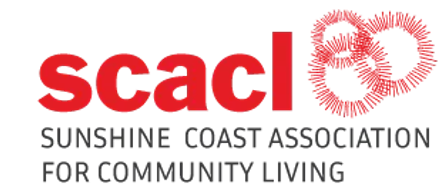Introduction
 Thank you for coming. For those who don’t know who I am, I am Darryl Harrand. I’ve been a self-advocate since 1994.
Thank you for coming. For those who don’t know who I am, I am Darryl Harrand. I’ve been a self-advocate since 1994.
I led the local self-advocate group here in Kelowna, through Pathways Abilities Society from 1994-2002. At that time, I joined inclusion BC, to be on their Board of Directors. I was also elected to the self-advocate caucus, which was made up of regional self-advocates from all over the province, which I eventually chaired. Currently, I sit on the board of the community council of CLBC, and at Pathways Abilities Society.
I’m here to talk to you today about the rights and responsibilities of a self-advocate. As you can see in the handout you’ve been given, I list what I think are the key rights and responsibilities that self-advocates are entitled to, and need to adhere to.
The rights are: the right to be heard, the right to disagree, the right to confidentiality, and the right to independence.
The responsibilities are: the responsibility of knowing your rights, what resources are available to you and knowing how to use them, the responsibility to be calm and polite, the responsibility of honoring your commitments, and the responsibility of respecting everyone.
I understand that these may all sound the same, but I intend to speak to them individually, so hopefully you’ll see the difference with each one of them.
Also, I admit that this is all only my opinion, and is based on my experience. Other self-advocates might have different, but just as valuable points, which are different to what I’m saying.
Rights
- Right to independence (e.g. in decision making).
- Independence is different for people. People are entitled to it, but still one person may need more help then another, for life. So I’ll tell you this, as I get older I may need more help than I did, say 10 years ago. Life brings on change for everybody.
- Right to disagree.
- In work situations you and a colleague may be involved in a situation, but they may see it one way, and you may see it another. It doesn’t mean that they’re wrong, and it doesn’t mean that I’m wrong. We just see it differently, and sometimes it is okay to agree to disagree. To resolve this, in any event, strong and effective communication is very important.
- Right to be heard.
- The right to be heard is very important. So often I have come across people who have felt they weren’t heard. And that could be in a variety of ways. One self-advocate might say, “my parents aren’t getting it, I want to leave home I am twenty something,” but they might say, “you’re not ready to go.” I’ve had good experiences with various people whether they be support workers, or facilitators. After a lot of hard work and discussion, I have eventually been heard.
- Right to confidentiality.
- One of the ways to build strong relationships between self-advocates and others is the assurance that whatever they say will be treated confidentially. One thing I have learned is that if I don’t know if what I am being told is confidential: assume that it is. Self-advocates want and count on confidentiality. It could be a deal-breaker in whatever relationship they are developing. Because I have known self-advocates to turn away from service providers, when they feel confidentiality has been violated, (whether it was or not).
Responsibilities
- Responsibility to respect everyone.
- It’s important to live up to your responsibilities, and your obligations. And being professional and respectful, even when you might not feel like it. For example, I have sore ribs for various reasons and they hurt very much, but when I’m at a meeting of any kind and at work, I know I have to keep my discomfort under wraps, or at least present in a respectful and courteous way.
- Responsibility of knowing your rights, what resources are available to you and knowing how to use them.
- On a personal level, I found myself in a situation where it wasn’t clear to me what my rights were and I felt that I was being dismissed, by certain individuals. But I knew that I could talk to the self-advocate advisor at CLBC, who was very helpful. She did her job and with help I got my situation resolved. This is a good example of knowing what resources are available to you, and knowing how to use them.
- Responsibility to be calm and polite.
- Even in stressful situations you must maintain your coolness and remain polite. This is important to maintain a professional image and to express courteousness and politeness. This will help you when dealing with the public at large.
- Responsibility to honor your commitments
- Honor your commitments; show up on time for work and for your appointments. Another example is when you agree that you’re going to do something for your boss or for your job coach… follow up and do it! And if anything comes up, like illness or other appointments that you cannot miss, then inform the boss or job coach that you cannot make it, with as much notice as possible.
Conclusion
To conclude, the main points that self-advocates have is that we want equality and fairness. And while self-advocacy is different for every self-advocate, the message is the same. We want the same as the rest of the world. Nothing more and nothing less.
Profile for Self-Advocate net website: https://cedarcreekhosting.com/
Darryl is going to present a presentation about the rights and responsibilities of a self-advocate.
What will gain from Darryl’s presentation?
- A clear understanding of the rights of a self-advocate
- An equally clear understanding of the responsibilities of self-advocates
- A better understanding of what a self-advocate is and does
- An understanding that “self-advocacy” has a different meaning to everybody
- An understanding that self-advocates have a message of equality and fairness
Darryl’s minimum is $ 100/presentations plus travel expenses.
To inquire about or hire Darryl contact CLBC Self Advocate Advisor, Jessica Humphrey, Jessica.Humphrey@gov.bc.ca or 778-679-2691.
Script for profile video:

































